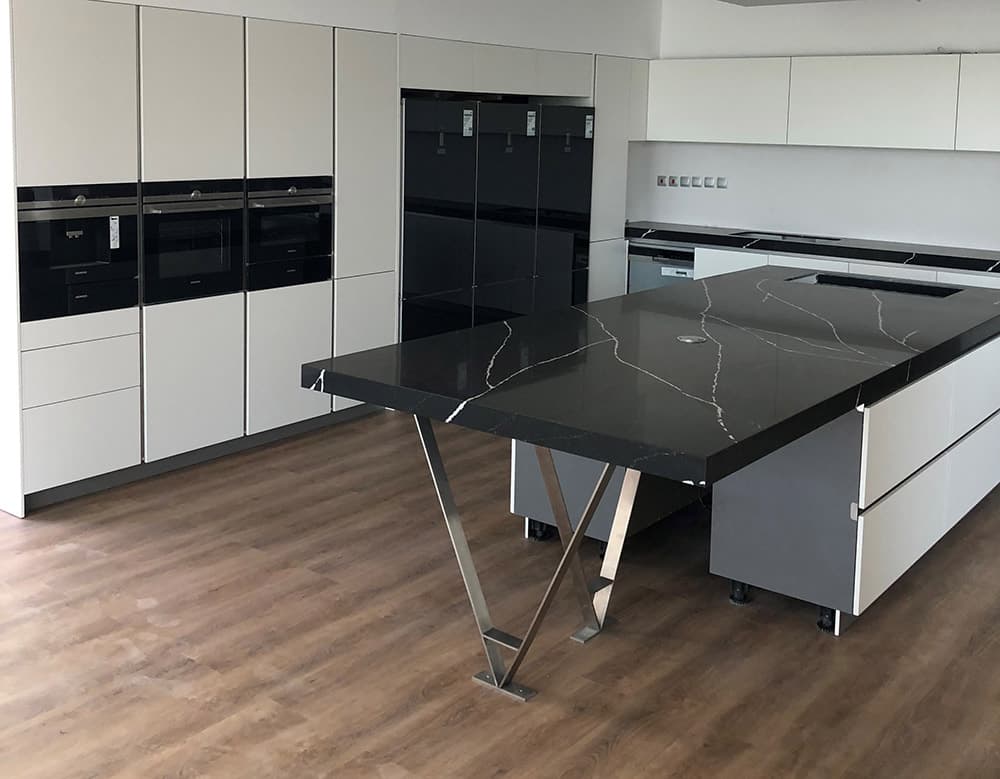MEP stands for mechanical, electrical and plumbing engineering. These three technical fields cover the systems that make buildings habitable for humans.
Working with an experienced MEP engineering firm offers many advantages: they can optimize material requirements to reduce installation costs, while achieving high performance and meeting codes.
These services are very valuable in Dubai, since local building costs are high and construction codes are demanding.
Here at Square Foot Studio we got specialized and experienced MEP engineers, with the knowledge and talents to make building comfortable and functional.
M – Mechanical Engineering
Mechanical installations operate at their best when equipment capacity is adequate. Contrary to popular belief, over engineering has many negative consequences.
For example, oversized chillers and boilers tend to cycle rapidly, wearing down faster and causing indoor temperature variations. Another consequence of over engineering in mechanical systems is poor control of indoor humidity.
A mechanical engineer that works in MEP engineering designs the mechanical system for the building. In general, the mechanical system for a building is defined as the heating, ventilation, and air conditioning (HVAC) system.
E – Electrical Engineering
In high-rise constructions, finding the optimal routes for electrical conduit and wiring can save plenty of material.
There tends to be more design flexibility than with mechanical systems, since electrical circuits use less space and can be routed around obstacles more easily.
With the aid of MEP design software, conduit and wiring can be laid out while minimizing total circuit length, and avoiding location conflicts with mechanical and plumbing installations.
Electrical engineers in the MEP field ensure there is proper electrical service to the building. Beyond lighting and power for appliances, electrical designers provide solutions for high-consumption devices like mechanical systems, server room equipment, and outdoor lighting.
Plumbing installations are also subject to code requirements. The plumbing design process involves a layout of piping routes, similar to ductwork in mechanical design and conduit in electrical design. MEP engineers use advanced software to simplify the process and avoid clashes.
A building simply wouldn’t be operable without running water or working toilets. But plumbing designers have a wide variety of design responsibilities beyond potable water.
Plumbing engineers also handle different building waste systems like sanitary, grease, and acid waste systems. Each system has unique requirements for design and disposal, adding a lot of variety in a plumbing engineers’ job.


